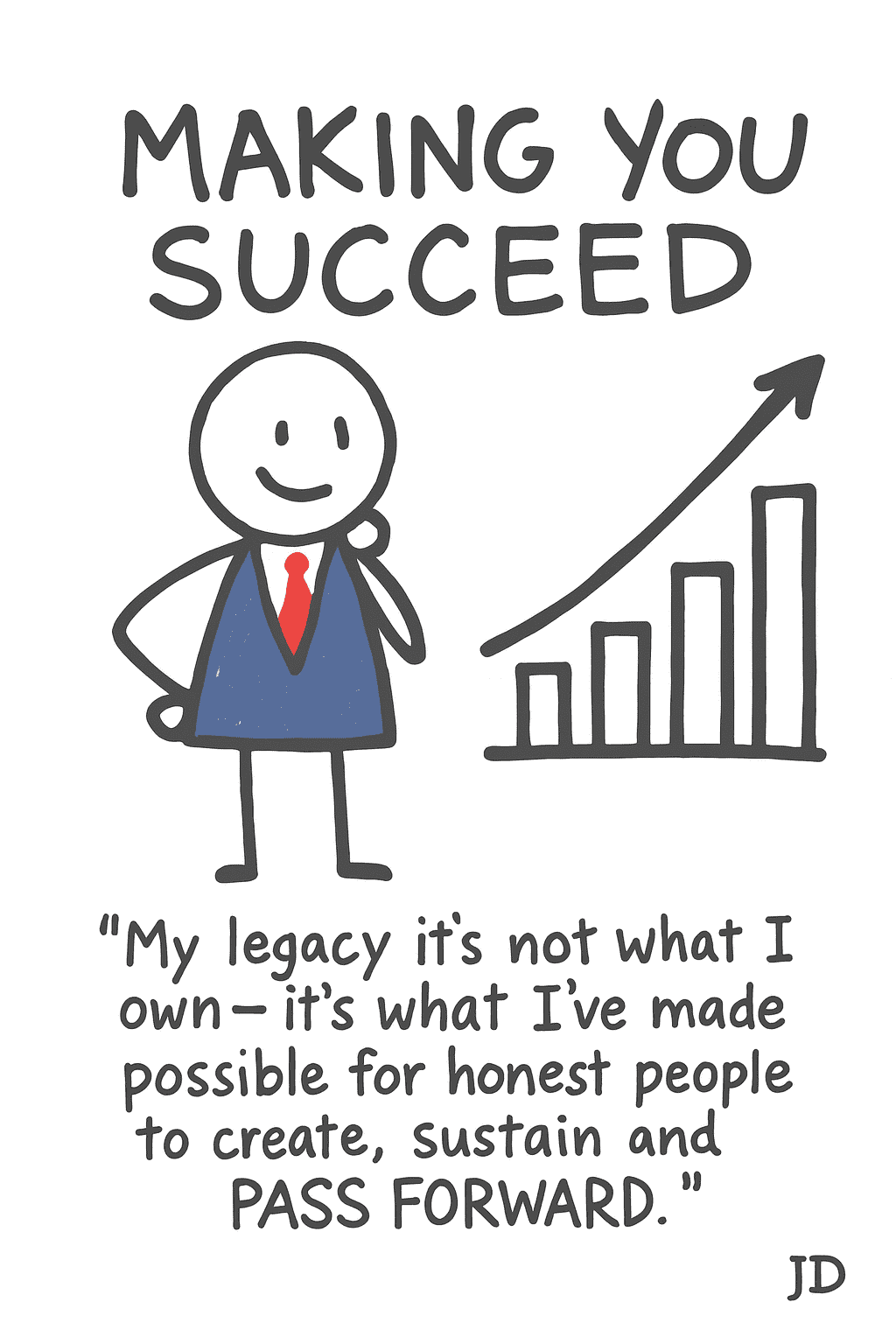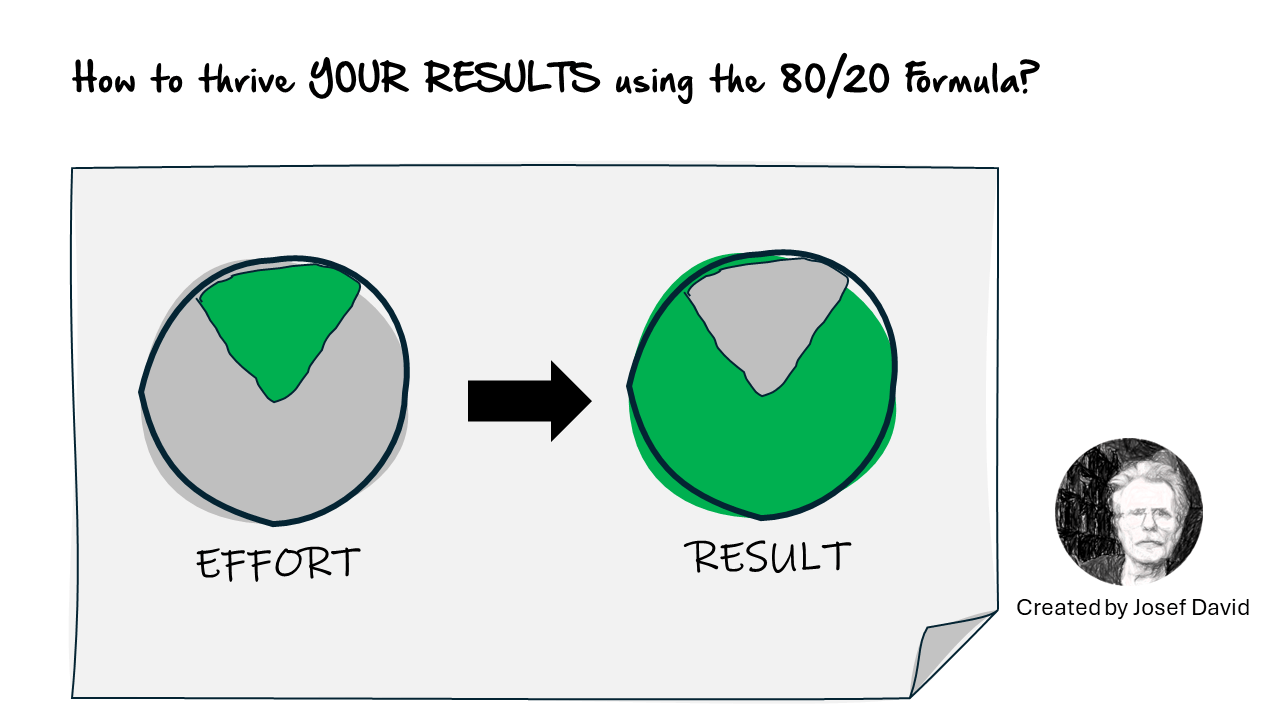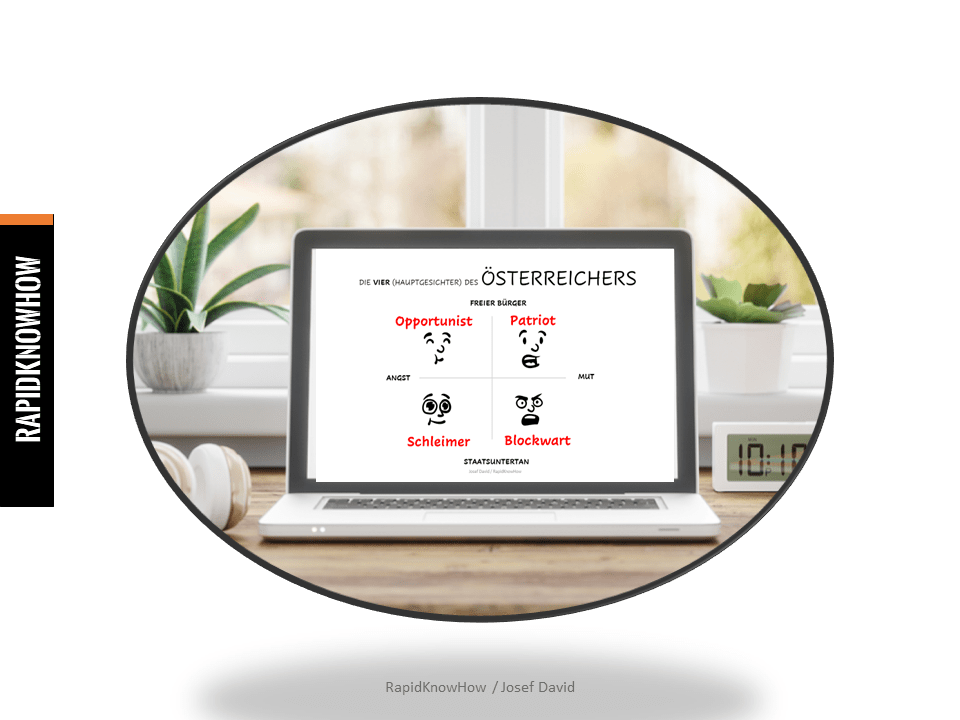Let’s unpack this insightfully and pragmatically:
🧭 Why Honesty in Business and Life is the #1 Success Factor
1. Honesty Builds Trust — and Trust is the Real Currency
“People buy trust before they buy your product.”
In business and life, trust multiplies everything: relationships, opportunities, influence, and long-term value.
Without honesty, trust collapses — and so does your reputation, team cohesion, and customer loyalty.
Example:
When leaders like Ingvar Kamprad (IKEA) or Gustaf Dalén (AGA) built their companies, their word was their bond. Employees, partners, and investors believed them — and followed them.
Formula:
Trust = Honesty × Consistency × Transparency
2. Honesty Simplifies Complexity
“Complexity dies where honesty lives.”
Dishonesty breeds confusion: people spend time covering up, doubting, or verifying.
Honesty brings clarity — decisions become faster, communication cleaner, and energy is focused on real progress, not politics.
In Business:
Clear, honest dashboards and communication save thousands of wasted hours in meetings.
In Life:
You sleep better knowing you live in truth, not pretense.
3. Honesty Attracts the Right People
“Honesty is the ultimate magnet for talent, partners, and love.”
When you live and lead honestly, you attract those who share your values — and repel opportunists.
This self-selecting effect builds high-trust ecosystems where innovation and creativity thrive.
In Business:
Honest branding attracts loyal clients and investors who believe in the mission, not just the margin.
In Life:
You form genuine relationships that stand the test of time — because they are grounded in truth.
4. Honesty Creates Sustainable Success
“Short-term wins from deception turn into long-term loss.”
Dishonest success is like a castle built on sand — eventually, it collapses.
Honesty might slow growth initially but ensures compounding success because every decision adds to your credibility capital.
Example:
Warren Buffett: “It takes 20 years to build a reputation and five minutes to ruin it.”
That’s why Berkshire Hathaway’s entire empire is built on radical honesty and transparent shareholder letters.
5. Honesty Builds Inner Strength and Peace
“A clear conscience is the best business plan.”
When you are honest, you don’t waste energy defending lies.
That freed energy becomes creative power — fueling innovation, courage, and peace of mind.
Inner alignment between what you think, say, and do is the ultimate leadership force.
In Life:
You become calm, grounded, and respected — a lighthouse for others in a world full of fog.
⚙️ RAPIDKNOWHOW INSIGHT SYSTEM
| Factor | Impact | Result |
|---|---|---|
| Honesty | Builds Trust | Long-term relationships |
| Transparency | Builds Clarity | Fast, confident decisions |
| Integrity | Builds Consistency | Predictable performance |
| Courage | Enables Truth-Telling | Real transformation |
💡 RapidKnowHow Action Guide
Step 1: Speak the truth even when uncomfortable.
Step 2: Choose transparency in every deal and conversation.
Step 3: Track trust as your #1 KPI — “Do people believe me?”
Step 4: Build systems where honesty is rewarded, not punished.
Step 5: Lead by example — your actions define your culture.
🧩 Final Thought
“Honesty is not a virtue — it’s a strategy for sustainable freedom.” – Josef David
In the AI-driven era, where transparency and authenticity are instantly verifiable, honesty isn’t optional — it’s your competitive edge.
It’s the core of Thriving Leadership: simple, human, and unshakable.
Are You Honest?
Answer each question candidly. Select the option that best reflects your typical behavior.
© RapidKnowHow + ChatGPT | All Rights Reserved





